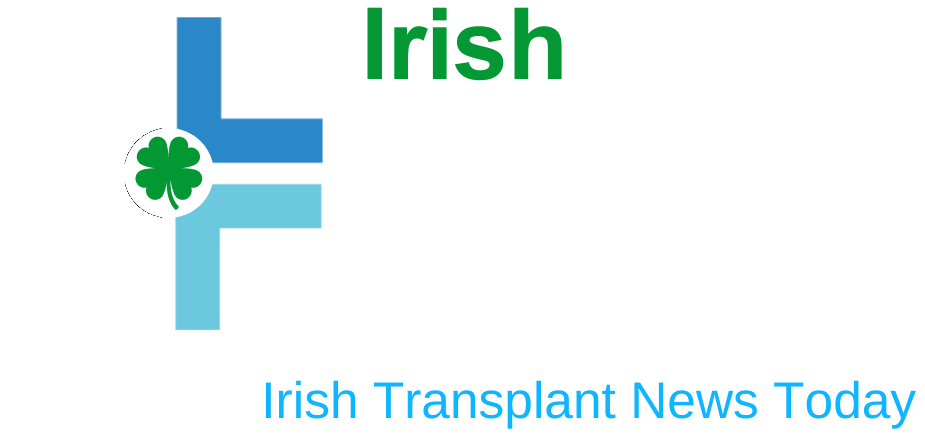The UK House of Commons has backed new organ donation legislation for Northern Ireland, known as the 'Dythi Act'.
MPs supported the changes to the Northern Ireland (Executive Formation) Bill as it passed through Commons stage.
The bill passed second reading without opposition and will now be referred to the House of Lords for further scrutiny.
Six-year-old Daithi McGovern high-fived her father after MPs backed the change.
Mr Daiti's family visited Westminster to see the regulations introduced by the government clear the Commons stage.
The Government has moved to press ahead with legislation on the stalled opt-out donation scheme as political deadlock in Stormont means local councilors cannot convene to pass by-laws.
Speaking at Westminster, Mr Daiti's father Martin McGovern said: “It's an emotional day and one I'm very proud of.
“The victory is finally starting to sink in. It probably won't fully sink in for a few years.
“We’re here, we’re outside Westminster, we’re going to hear the victory that is Dighty’s Law.
“We met with the Secretary of State (Chris Heaton-Harris) this morning and there was a sense of celebration.
“We are more than proud of Daiti, more than proud of ourselves, we are just happy and look forward to the implementation of Daiti’s law.
“We have been let down time and time again over the last few weeks. We never expected to be here today, but here we are.”
Mr McGovern said he expected the bill to receive Royal Assent on March 6, with the Diti Act coming into force in early summer.
Last week, an attempt to revive parliament to pass the legislation failed as the DUP again used its veto to block the selection of a speaker, meaning it would be unable to carry out further business. meant.
Northern Ireland Secretary Heaton Harris said he was taking the “unusual step” of bringing forward the Westminster bill after receiving cross-party support for Ms Daishi's plight.
Opt-out systems are already in place in other parts of the UK, and adults in Northern Ireland will be considered donors unless they decide to opt-out. This was done to increase the local donation rate.
The government's plan also postpones the requirements for the establishment of the Stormont council executive until January 18 next year and postpones council elections until April 11 at the latest.
The Government said the additional time would allow the Stormont parties to “focus on restoring the devolved institutions” and also provide scope for continued UK-EU dialogue over the Northern Ireland Protocol.
A year ago, the DUP collapsed the devolved executive in protest against the post-Brexit protocol, with power-sharing pending until fundamental changes are made to the controversial Irish Sea trade deal. It has become clear that the block will not be lifted.
Mr Heaton-Harris said: “The people of Northern Ireland have the right to a fully functioning devolved government that addresses the important issues that affect them and achieving this remains my top priority. ” he said.
“This Bill creates the time and space needed for UK/EU negotiations to focus attention on Stormont’s recovery and reach a solution on the NI Protocol that meets the needs of people across Northern Ireland.
“This bill also includes the introduction of an ‘opt-out’ organ donation system.
“While this unusual intervention by the Government is welcome and important, it is disappointing that this decision was not taken by locally elected NI Council decision-makers.
“I remain committed to helping both parties come together as quickly as possible in the interests of the people who elected them.”
What is the NI protocol?
The protocol is part of the Withdrawal Agreement, the international treaty under which the UK will leave the EU.
This was a compromise to prevent a hard border with checks on goods entering the Republic of Ireland and the EU's single market from Northern Ireland.
Under this agreement, Northern Ireland left the EU along with the rest of the UK.
However, the UK government has accepted that it will continue to follow the EU's single market rules for goods.
This allows testing to be carried out at Northern Ireland's ports rather than along the 300-mile land border. This is known as the 'Irish Sea Border'.
EU rules on customs and regulation of agri-food products also continue to apply to goods arriving in NI.


